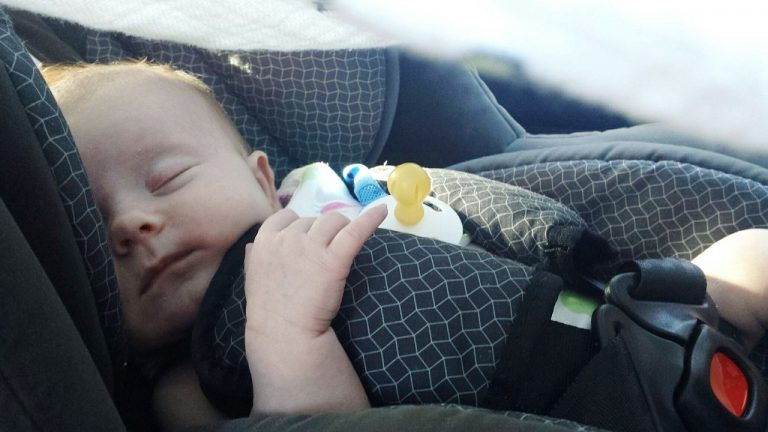Going Away for a While Don’t Store Your Piano in the Garage or You Might End up Ruining It

Pianos of various kinds consistently rank among the most valuable of musical instruments. Properly cared for, a piano can also become an heirloom that delights and rewards family members for many generations. When a piano owner will not be home for quite a while, though, some difficult decisions will sometimes need to be made. One of the most important things to keep in mind in such cases is that a garage is almost never the right place to store a piano. There are a number of reasons why it will always be better to make more appropriate arrangements to store your piano.
Many Reasons to Need a Temporary Home for a Piano
Even upright pianos are quite a bit larger than most musical instruments, and other members of the family grow quite a bit bigger still. Whether for a compact, antique player console or a grand piano, truly suitable storage space should always be found when such an instrument needs to be put away.
One of the most common reasons to need piano movers, in fact, is to have experts move it into storage. There are any number of reasons why a piano’s owner might want to have it moved from its usual place.
Someone who plans to rent out a home while spending time overseas, for instance, will sometimes find it best to keep a piano stored in the meantime. Needs like these are relatively common, but storing a piano in a garage is almost never the correct response.
Garages Make for Poor Piano Storage
Piano owners confronted with the need to arrange for storage quite often think about using their garages for this purpose. There are quite a few reasons why this will almost always be a bad idea, including:
· Temperature swings. Most garages regularly experience large swings in temperature, even when insulation or climate control help moderate them. When a piano is subjected to that type of stress, the wood it is made from will expand and contract in response. That can inflict permanent damage to a piano quite quickly or simply cause it to weaken over time.
· Fluctuating humidity. Moisture in the air can be just as damaging to pianos as excesses of heat and cold. Once again, variations in ambient humidity can cause a piano’s structural materials to swell, shrink, or crack before long.
· Pests. Pests ranging from tiny insects to shelter-seeking rodents can find pianos irresistible. Should a family of mice or a colony of termites infest a piano, trouble will almost always ensue. In some cases, pests in a piano will not even be noticed until after they have done large amounts of damage.
· Impacts. Garages tend to see plenty of use, and that will often subject a piano to danger. Even a minor bump from a vehicle can leave a piano with devastating damage. Even moving some boxes around in the area could cause serious harm to a valuable instrument.
It Always Pays to Make More Appropriate Storage Arrangements for Pianos
It can be tempting to use a garage to store a piano temporarily, especially when nothing else is taking up space. That will almost never be a good idea, though, since most garages are simply not suited to this type of use. Fortunately, there are always local companies that are equipped to offer safer, better types of storage space.








